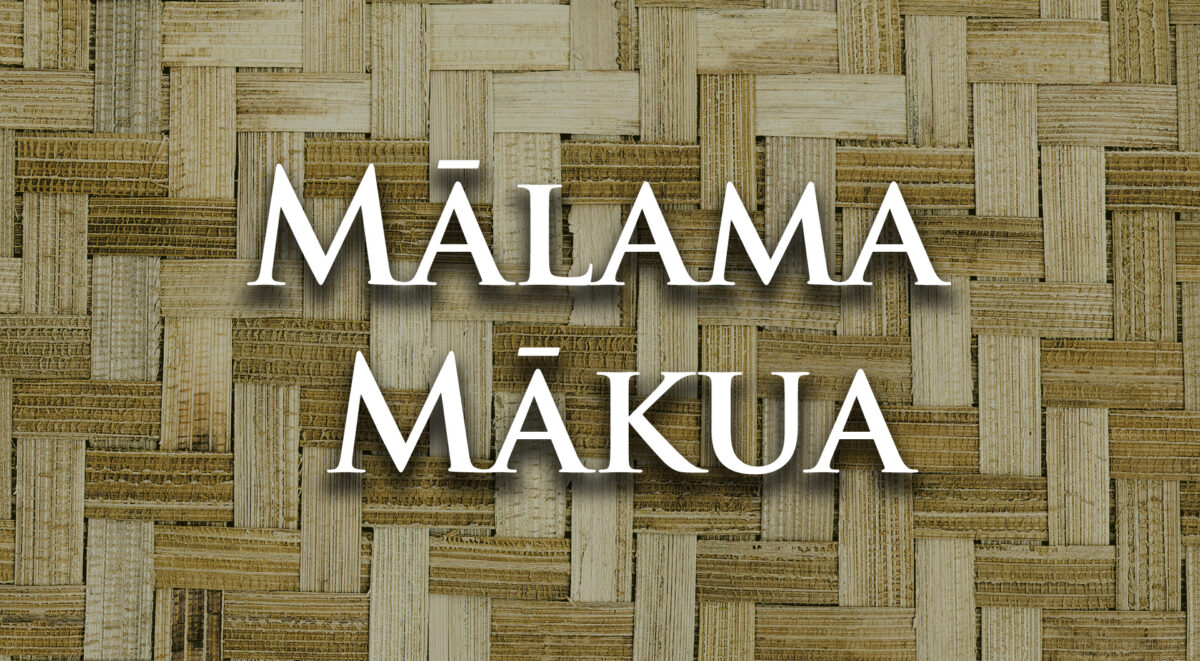
Mālama Mākua is a Child Abuse and Neglect (CAN) prevention program rooted in Trauma-Informed Care and the Protective Factors Framework identified by The Center for the Study of Social Policy. Malama Makua addresses the mental health and psychosocial needs of parents so that they are better equipped to care for their children, thereby reducing risk factors for CAN. Mālama Mākua serves clients of all Family Support Hawaii programs (Home Visiting Services, Early Head Start, Early Intervention, and Fatherhood Initiative), with priority given to families of children ages zero to five who are involved with Child Welfare Services and their differential response providers—Family Strengthening Services and Voluntary Case Management. Services are delivered by a master’s-level Hawaii State Licensed Mental Health Counselor (LMHC).
The LMHC provides individual mental health counseling for clients in their homes, or in the preferred location of the client. The LMHC conducts multidisciplinary intake assessments with home visitors to identify clients’ strengths and challenges, protective capacities and risk factors for abuse, and potential need for mental health counseling. The LMHC provides referrals for concrete supports for parents. The LMHC conducts Adverse Childhood Experiences (ACEs) and Benevolent Childhood Experiences (BCEs) assessments to identify parents’ childhood trauma and protective factors, in an effort to help break the intergenerational cycle of family violence (CAN and domestic violence). The LMHC facilitates monthly groups (“socials”) for non-custodial parents to address the unique challenges of nurturing and attachment of parents and children who have limited contact with each other. These groups aim to increase parental resilience and social connections. In addition to reflective supervision, the LMHC provides clinical consultation for paraprofessional home visitors for cases with high psychosocial needs such as mental health disorders, risk factors for CAN, domestic violence, substance abuse, homelessness, childhood trauma, and extreme poverty.